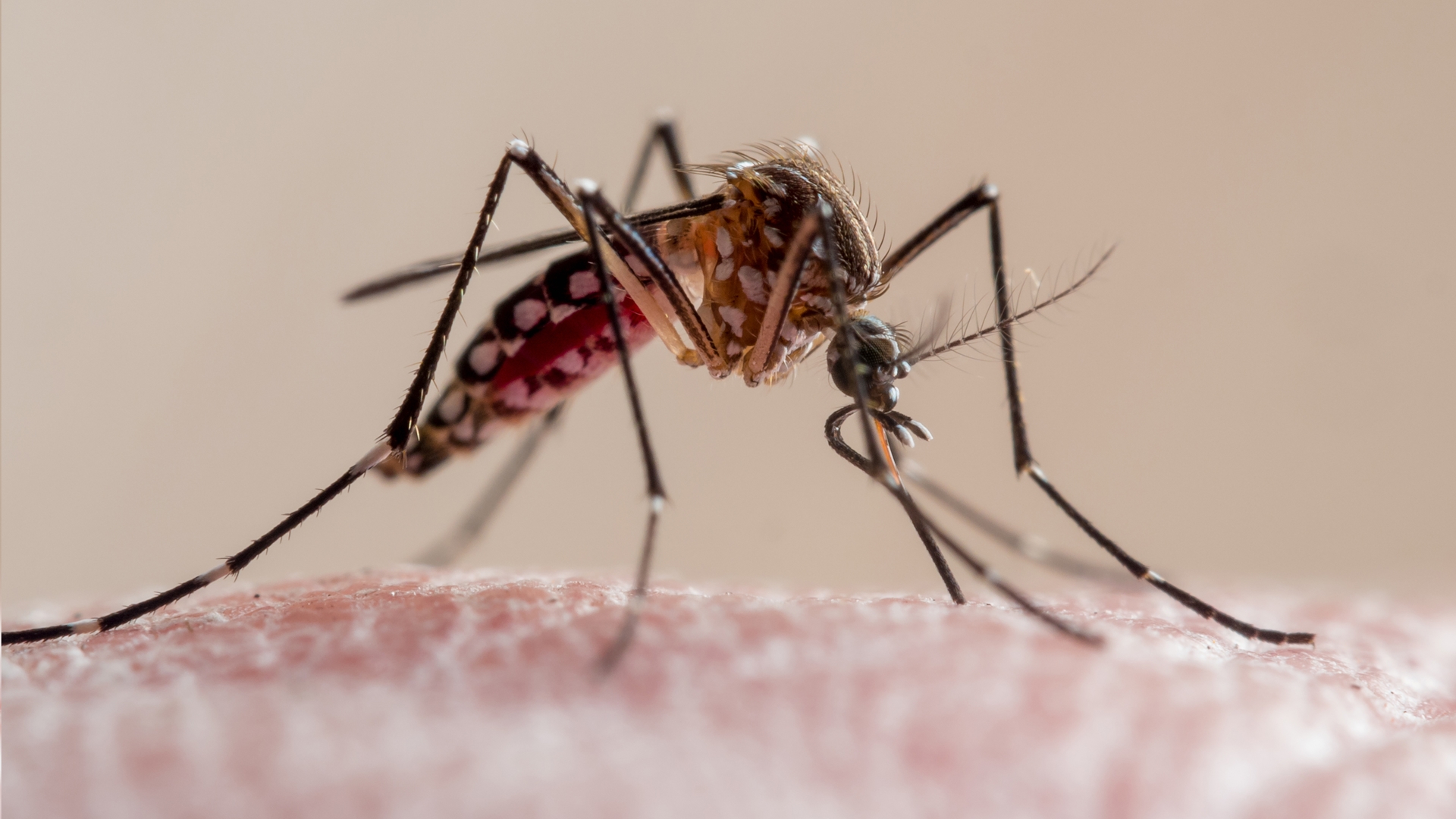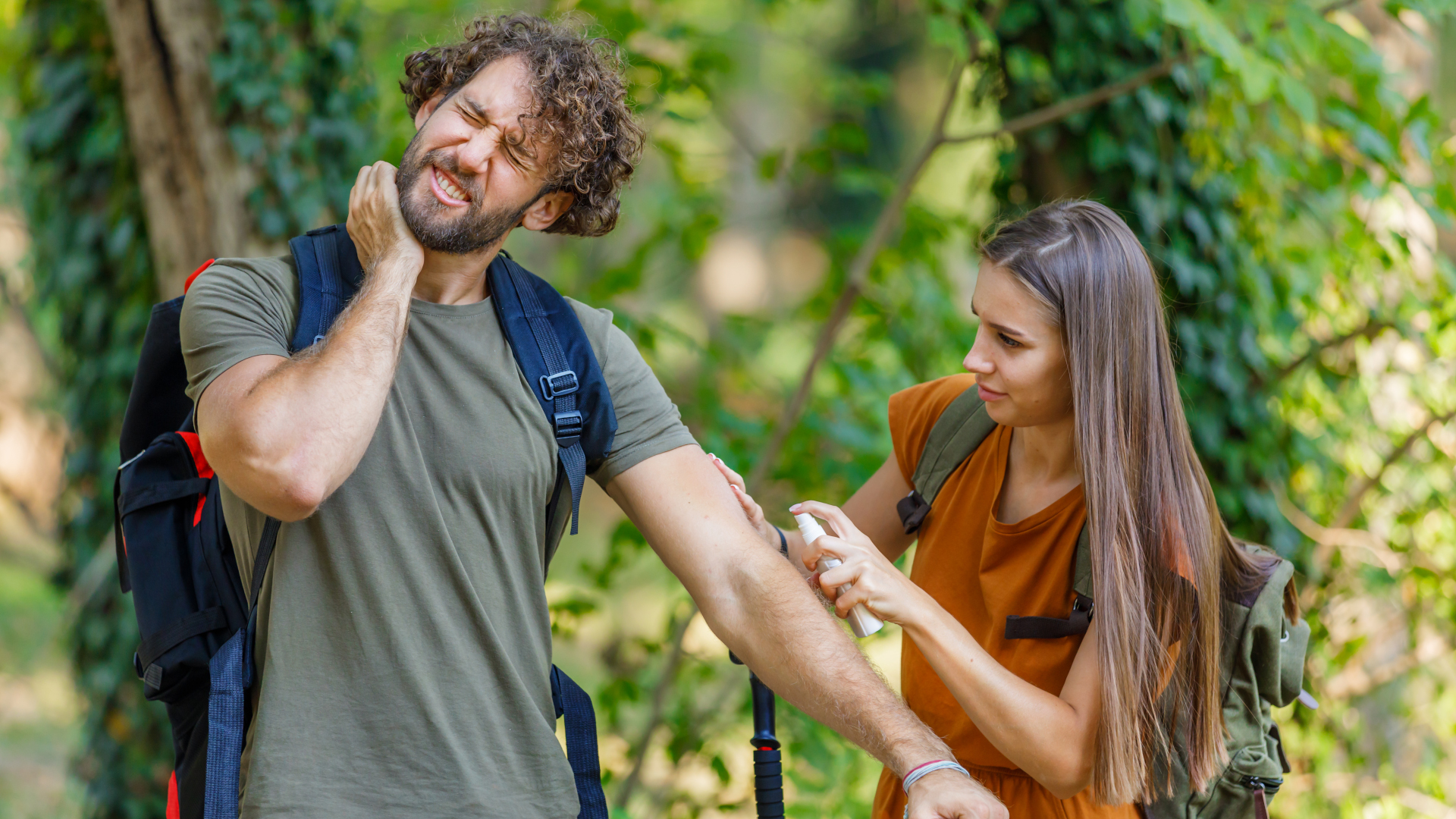
The state of Colorado has reported its first human case of West Nile virus for the year, prompting public health officials to warn residents and visitors to take action now to protect themselves.
Colorado Department of Public Health reported the first case of the mosquito-borne illness in Arapahoe County last week. Though the typical season for West Nile Virus in mosquitos begins in May, a news release from Arapahoe County reports that Colorado doesn't usually see human cases until later in the summer.
“While we know that West Nile virus is endemic to Colorado – meaning we expect to see some cases each year – we never quite know how many to expect or just how bad a season will be. What this first case confirms for us, however, is that West Nile virus is present in our mosquito population, and as mosquito numbers increase, the risk of West Nile virus will, too,” says Melissa Adair, Communicable Disease Epidemiology Manager at Arapahoe County Public Health.
Last year was one of the deadliest years on record for West Nile Virus in Colorado, which can cause a serious brain infection such as meningitis or encephalitis, with 48 people dying due to complications from infection. That spate was blamed on an unusually wet spring and summer in 2023, while this year hasn't seen as much rain, however, officials are concerned that rising temperatures could lead to an increase in mosquito activity.
“We’re encouraging all Arapahoe County residents to take precautions now, before we see mosquitoes and illness increase this season," warns Adair.

Protecting yourself against West Nile Virus
According to the CDPH, most people infected with mosquito-borne viruses such as West Nile don't get sick, however, those who do will typically develop symptoms between two and 14 days after infection. Symptoms can involve high fever, headache, stiff neck, disorientation, tremors and coma. Those over the age of 50 are most vulnerable and there is no treatment for West Nile Virus. If you think you or a family member has been affected, consult a healthcare provider.
For those of you planning on hiking and camping in Colorado this summer and fall, health officials advise that your best prevention is to avoid getting bitten in the first place with the following measures:
- Use insect repellent (containing DEET if you are comfortable doing so) whenever you go outdoors.
- Limit your outdoor activities at dawn and dusk, when mosquitoes carrying West Nile virus are most active.
- Wear protective clothing such as long hiking pants and long-sleeved base layers when recreating in areas where mosquitoes are active.







